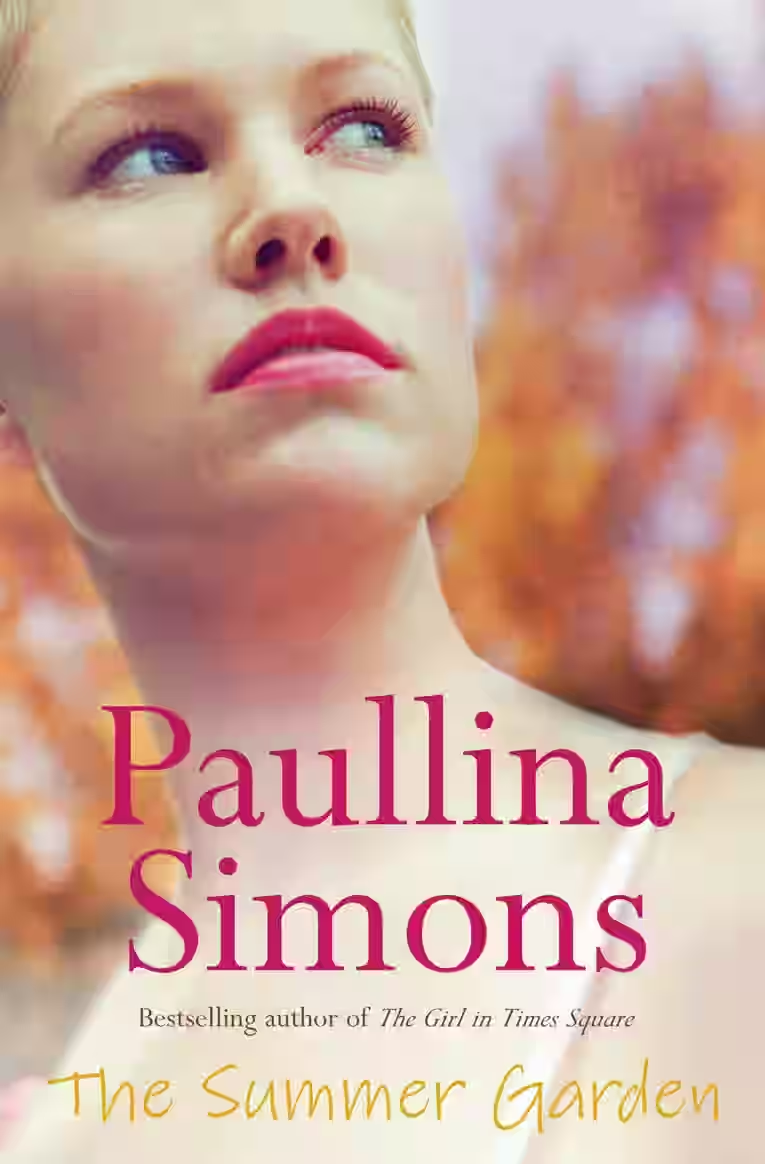
The Summer Garden by Paullina Simons is the poignant conclusion to the epic romance saga that began with The Bronze Horseman. This installment continues to follow the tumultuous lives of Tatiana and Alexander as they transition from surviving wartime to facing new challenges in America. Forced to maneuver through the complexities of family growth and personal struggles in the backdrop of the 1950s Cold War era, their journey is defined by resilience and the power of enduring love. Through its evocative storytelling and deeply emotional narrative, the book delves into themes of trust, sacrifice, and the multifaceted nature of love. Fans of the series will find satisfaction and closure as Simons masterfully weaves intricate details and narrative depth, immersing readers in an emotionally charged finale that ties together previous threads with sensitivity and care.
About The Bronze Horseman Series
Paullina Simons’s The Bronze Horseman trilogy is a sweeping historical romance set during World War II. The story begins with The Bronze Horseman, where seventeen-year-old Tatiana Metanova meets Red Army officer Alexander Belov in Leningrad on the eve of the Nazi invasion. As war and famine devastate the city, their forbidden love deepens amid immense sacrifice and hardship. In Tatiana and Alexander, Tatiana escapes to America, believing Alexander lost, while he endures imprisonment. The final book, The Summer Garden, follows their emotional reunion and struggle to build a peaceful life after the trauma of war. The trilogy is powerful, emotional, and unforgettable.
About Paullina Simons
Paullina Simons is a Russian-American author renowned for her captivating historical fiction and intricate character narratives. Born on January 10, 1963, in Leningrad, Soviet Union, she immigrated to the United States as a child, settling in Queens, New York. Simons's rich cultural heritage and personal experiences often permeate her writing, infusing her stories with authenticity and depth. Her breakout novel, 'The Bronze Horseman' (2000), is an epic tale set against the backdrop of World War II, beloved for its intense romance and historical accuracy. This novel, part of a trilogy, solidified her status as a best-selling author globally. Beyond this signature series, Simons has written a wide array of novels, including 'Tully' and 'The Girl in Times Square', which explore themes of love, identity, and survival. Her works have resonated with millions, earning her a dedicated readership and leaving a lasting impact on contemporary historical romance literature.
Other Books by Paullina Simons
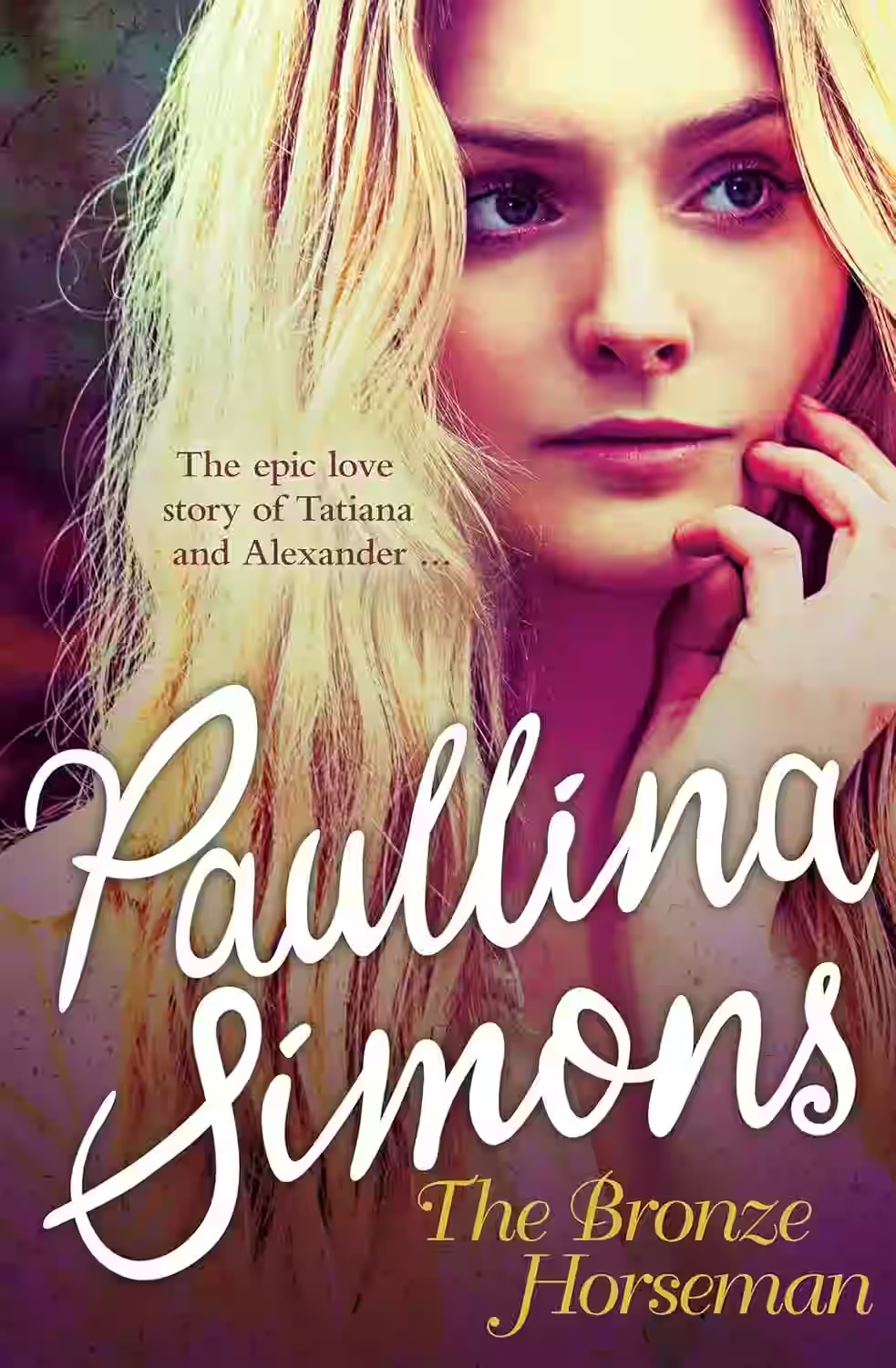
The Bronze Horseman
Series: The Bronze Horseman (#1)
Set against the backdrop of World War II in Leningrad, 'The Bronze Horseman' by Paullina Simons is a compelling historical romance that weaves together the intensity of love and the harsh realities of war. The story follows Tatiana, a young Russian woman, and Alexander, an officer in the Red Army, as they navigate the trials of a war-torn city and the obstacles that threaten their love. Simons masterfully develops her characters, imbuing them with depth and emotion, while exploring themes of sacrifice, perseverance, and hope amidst despair. The book's rich historical detail and evocative storytelling transport readers to a time of great turmoil, making it a gripping read that leaves a lasting impact. Ideal for fans of epic love stories, this novel explores the resilience of the human spirit in the face of adversity, making it both heartbreaking and inspiring.
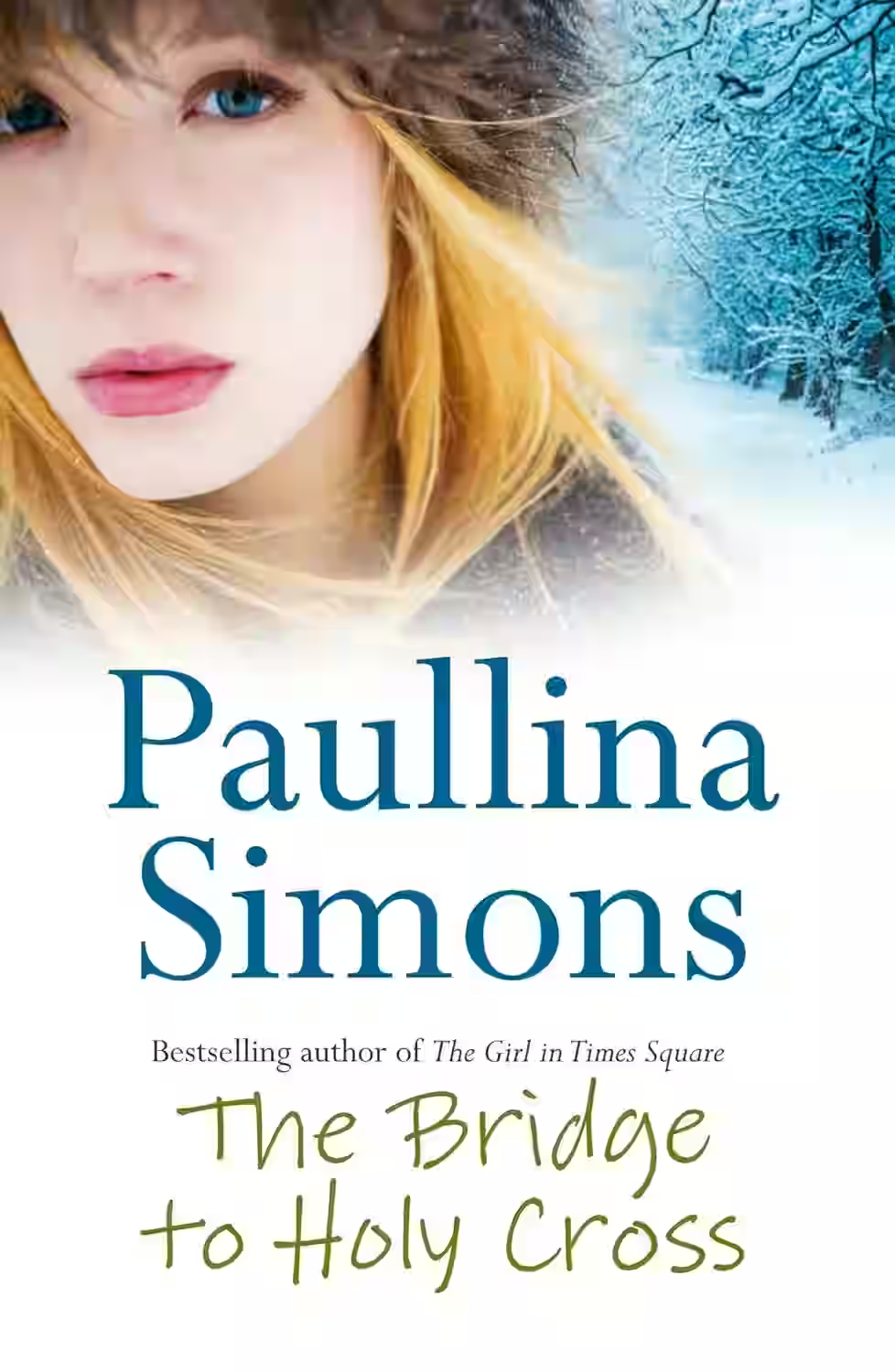
The Bridge to Holy Cross
Series: The Bronze Horseman (#2)
Paullina Simons' 'The Bridge to Holy Cross,' also known as 'Tatiana and Alexander,' is a poignant continuation of the epic love story begun in 'The Bronze Horseman.' Set against the backdrop of World War II, it follows Tatiana as she grapples with loss, separation, and the challenges of survival without her beloved Alexander. The novel traverses the glories and hardships of post-war America and the harsh realities of Soviet Russia, weaving an intricate tapestry of love, sacrifice, and perseverance. Simons excels at creating vivid historical settings and delving deep into the emotional landscapes of her characters. This sweeping narrative resonates with themes of hope and resilience, inviting readers into a world where love must endure through adversity.
Similar Books
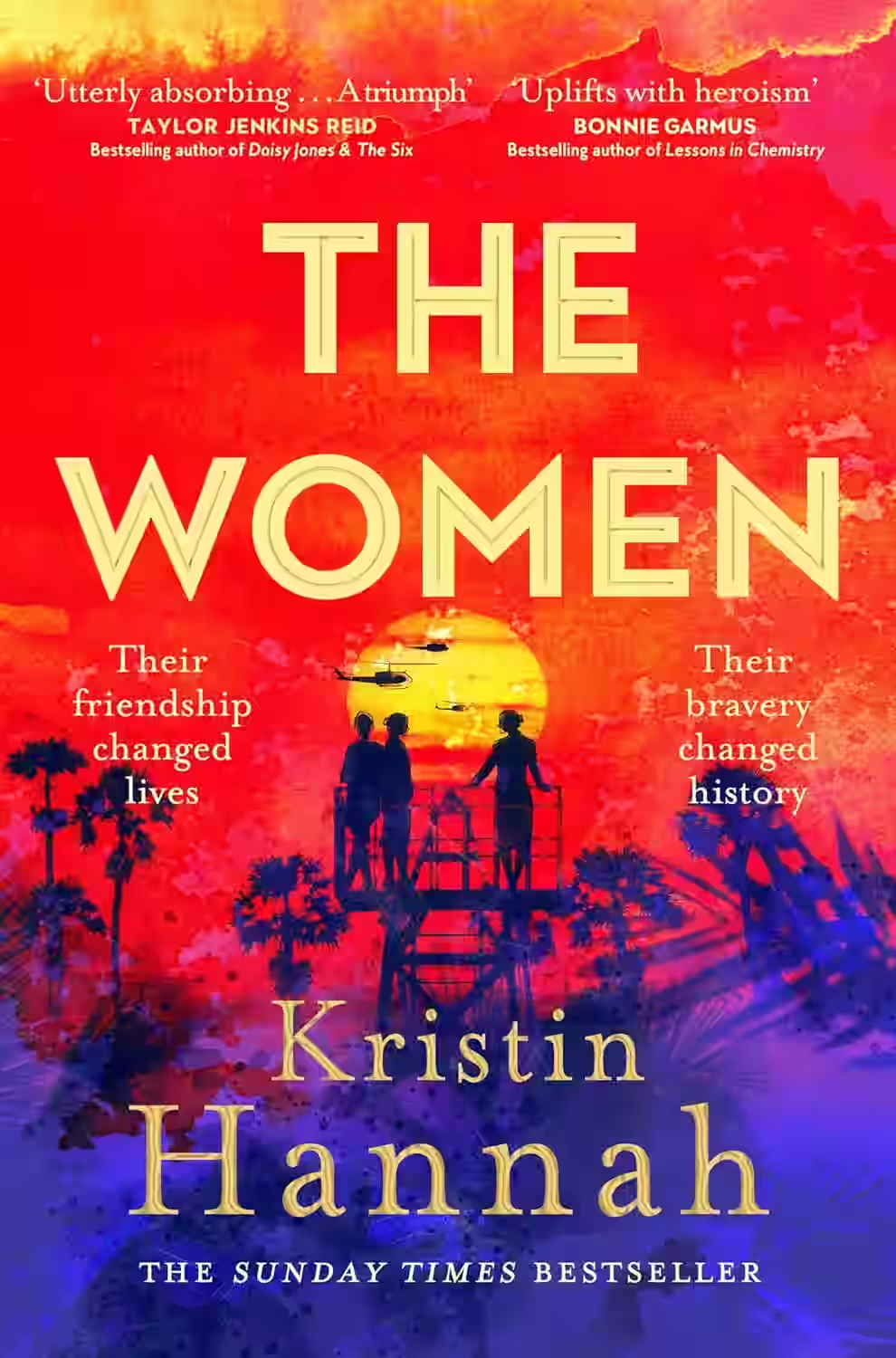
The Women
Kristin Hannah's The Women is a gripping tale of resilience and sacrifice during the Vietnam War. The novel follows a young woman who enlists as a nurse, confronting the harsh realities of war and the challenges faced by female veterans. Through her journey, the story highlights themes of courage, friendship, and the fight for recognition in a divided America. Hannah's narrative sheds light on the untold heroism of women during a tumultuous period, offering an intimate historical drama that resonates with contemporary discussions on gender and service.

Effortless
Series: Thoughtless (#2)
In 'Effortless,' the sequel to S.C. Stephens' gripping 'Thoughtless,' readers are pulled deeper into the tumultuous world of love, trust, and self-discovery. The novel intricately explores the trials of long-distance relationships as Kiera and Kellan attempt to navigate their future amidst career ambitions and personal insecurities. Stephens skillfully weaves a tale of emotional complexity, delving into themes of forgiveness and personal growth. With an engaging narrative and well-developed characters, 'Effortless' captures the struggle of maintaining a passionate relationship in the face of external pressures. Fans of contemporary romance will find the trials faced by the protagonists relatable and enthralling.
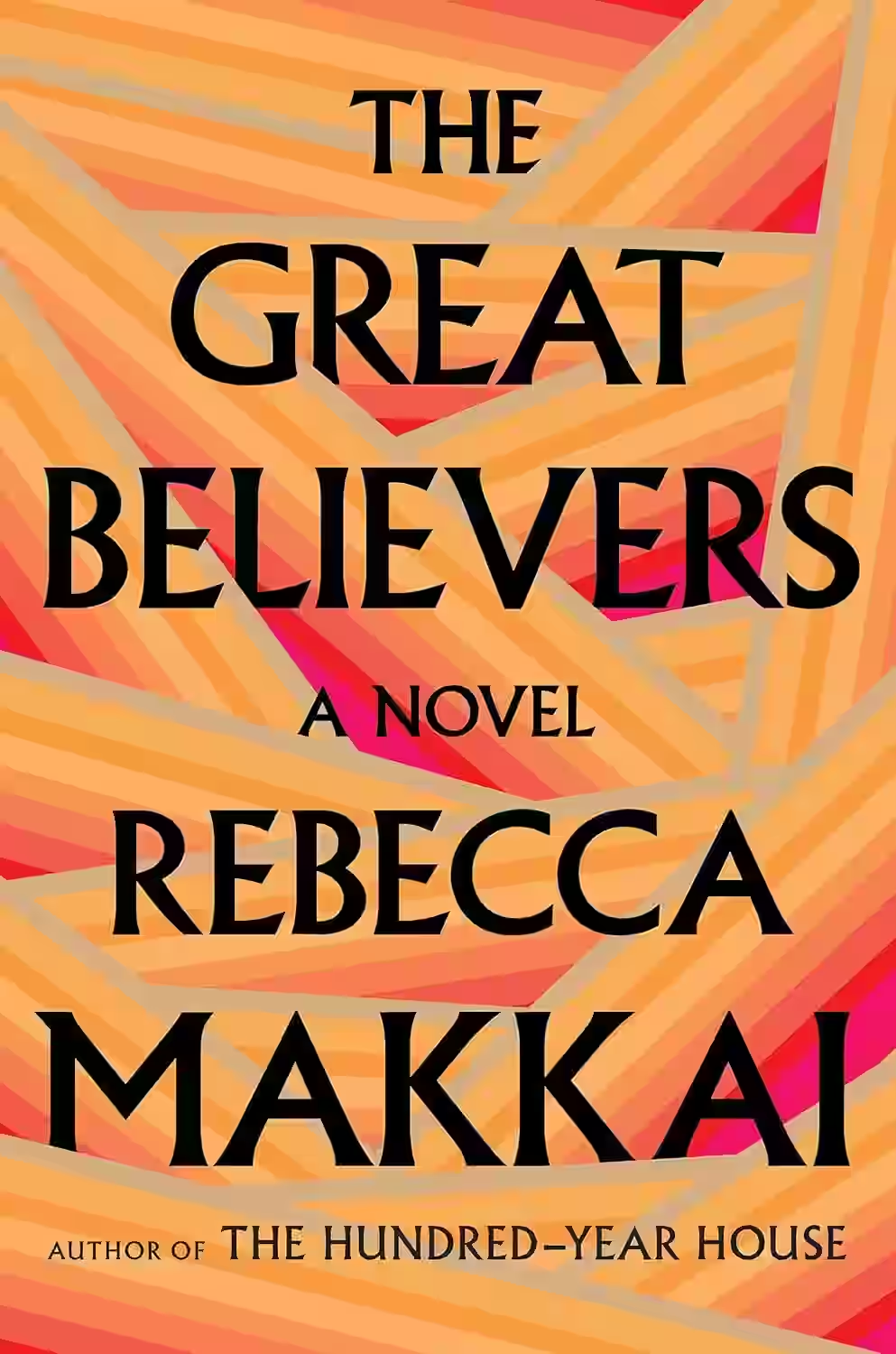
The Great Believers
In 'The Great Believers' by Rebecca Makkai, the narrative seamlessly weaves between two timelines - the 1980s at the height of the AIDS epidemic in Chicago and 2015 in Paris. The story follows Yale, a gay man grappling with loss and love during the crisis, and Fiona, a woman searching for her daughter in the present timeline, connected by a shared tragedy. Makkai explores themes of friendship, resilience, and the devastating impact of the epidemic on the LGBTQ+ community with grace and sensitivity. The novel powerfully captures the emotions of grief, hope, and the enduring power of human connection.
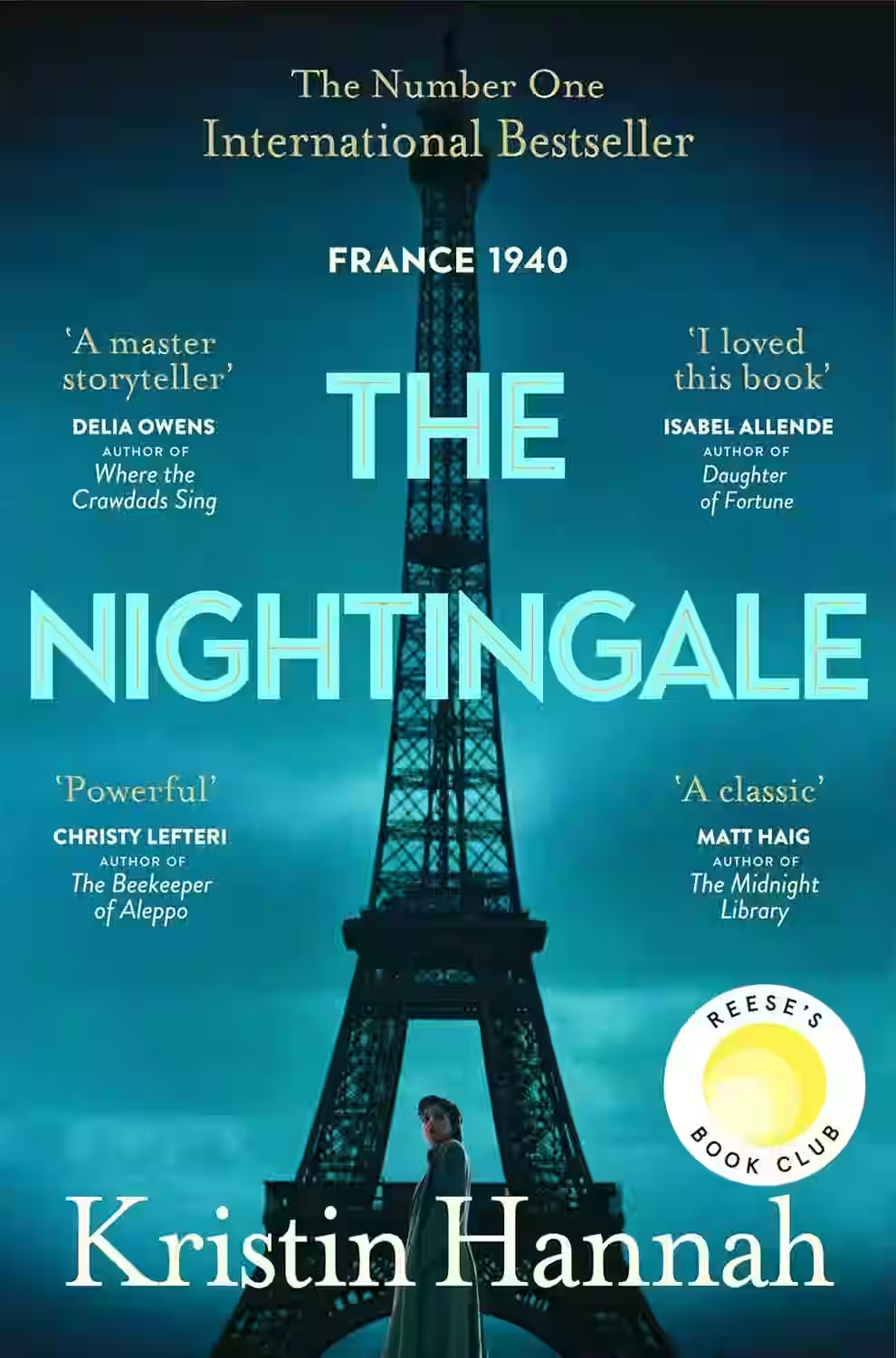
The Nightingale
Kristin Hannah's 'The Nightingale' is a poignant tale set in Nazi-occupied France during World War II, following the lives of two sisters, Vianne and Isabelle, as they navigate love, sacrifice, and resistance. Vianne, a mother and wife, faces impossible choices to protect her family, while Isabelle joins the French Resistance, risking everything to fight for freedom. The novel beautifully captures the complexities of human relationships, the horrors of war, and the strength of women in the face of adversity. Through vivid storytelling and well-developed characters, Hannah weaves a gripping narrative that will tug at your heartstrings and linger in your thoughts long after finishing the last page.